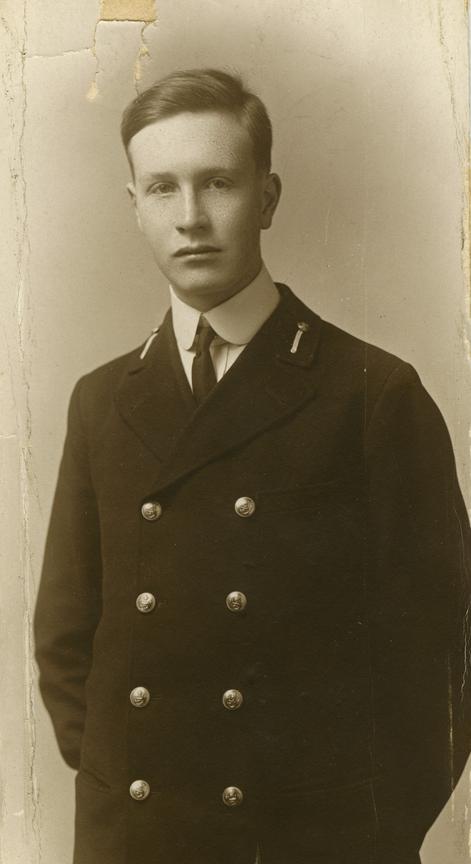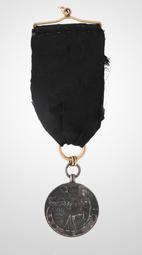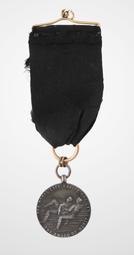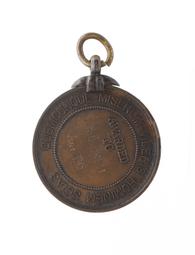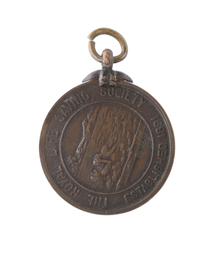Unit
HMS Canada
Branch
Service Component
Royal Canadian Navy
Service Number
461
birth
1899/07/10
Wapella, Saskatchewan, Canada
death
1974/04/11
Victoria, British Columbia, Canada
grave
Gender
Male
Robert Benny Brett was born 10 July 1899 in Wapella, Saskatchewan to Lionel and Maude Brett. His father, a farmer had emigrated to Canada in 1884. In 1910, Robert was enrolled in Upper Canada College where he graduated in 1915. He then enrolled in the new Royal Naval College of Canada as a Cadet on 3 August 1915, one of only five cadets. Brett did complete his studies, though not without incident. While awaiting his passing out exam 6 December 1917 he was significantly injured when the College was damaged by the Halifax explosion caused by the munitions ship Mont Blanc. Brett received injuries to his face and shoulder from flying glass and metal and required some three months to recover. As he was technically not yet in the Naval Service this did not register as a wartime injury though the Department did offer to pay the costs of his medical treatment.
Upon his recovery, Brett and his classmates were awarded their graduation certificates and as of 15 January 1918 rated as Midshipmen in the Royal Canadian Navy (RCN). He was sent to the United Kingdom to get his at sea training, usually conducted on board the battleships of the Royal Navy in preparation for their lieutenant’s examinations two years later. Brett was assigned to HMS Canada, along with his classmates, Roger Bidwell and Edmund Rollo Mainguy. Not long after, Brett started to experience blackouts which rendered him unconscious for up to 10 minutes at a time. He and his mates were transferred to HMS Barham after Canada was sold back to the Chileans in 1920. Shortly thereafter, while preparing for a visit in Gibraltar in February 1920, he again experienced a blackout. The ship’s doctor diagnosed it as epilepsy and he was transferred to the Royal Naval Hospital in Haslar where he was recommended for return to Canada for a Medical Board. This was held in HMCS Niobe in Halifax in April 1920 and he was discharged from the RCN as medically unfit 22 April 1920.
He returned to his parent’s residence at Gromley Avenue in Toronto and tried to fight his dismissal. His private physician suggested that the blackouts were caused by head injuries suffered in 1917 but the Royal Navy was adamant that it was epilepsy and that this was sufficient cause to prohibit his service in HM ships. Since he could not complete his Royal Navy time he was ineligible for service with the RCN. He attempted to get a pension but was advised that, even if his medical condition was caused by injuries suffered as a Cadet at Royal Naval College of Canada, since he was not a member of the RCN at the time no pension was owing.
By 1923 Brett was living in Chester Square, London, United Kingdom, employed as a shipping broker. The inter-war years saw him taking a number of trans-Atlantic trips in the service of Canadian Shipping Brokers Ltd and by 1939 he is listed as a company director. During the Second World War he served with the Merchant Marine and British records of medals issued to Merchant seamen indicate Brett was issued with the War Medal and 1939-45 Star. He was also involved in the evacuation of British soldiers at Dunkirk. He lived primarily in Gloucester in the UK and by 1956 he was listing his occupation in passenger lists as Retired.
He moved back to Canada afterward and he passed away in Victoria, British Columbia, on 11 April 1974.

